US-China relations in post-Obama era
Updated: 2016-11-04 08:34
By Chen Weihua(China Daily USA)
|
||||||||
She is relatively known and predictable, and he is less known and less predictable. But what will a President Hillary Clinton or a President Donald Trump mean to US-China relations? Experts in the field weigh in with their views, Chen Weihua reports in Washington.
Ona Saturday morning in late October, Washington-based Chinese journalist Luo Shi was kayaking on the Potomac River near the Chain Bridge when one of his friends in China sent him a message on the popular social communication platform WeChat: Which US presidential candidate, Republican Donald Trump or Democrat Hillary Clinton, is better for China?
The journalist, who prefers to be identified as Luo Shi, said he spent some 20 minutes going back and forth with his friend, a businessman, on the topic while floating on the river.
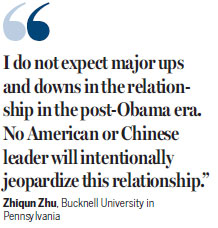
"My friend was worried if the already tense China-US relations will get worse under either Clinton or Trump since there have been so many conflicting news reports in the Chinese news media and social media," Luo said.
A Pew Center survey released on Oct 5 shows that more Chinese saw Clinton favorably (37 percent) than Trump (22 percent). And 35 percent of the Chinese saw Clinton unfavorably while 40 percent had an unfavorable view of Trump.
That was a huge difference compared with a poll in May by the Chinese language Phoenix TV website. It showed that of 24,449 people surveyed, 61.5 percent supported Trump while only 7.8 percent favored Clinton. Polls by some other Chinese news media outlets at the time also revealed a high favorability rating for Trump.
Cheng Li, director of the John L. Thornton China Center at the Brookings Institution, described those polls in China as not scientifically based. "My view and my observation is that China is divided very much like us," said Li, a US citizen.
Interest in the US election among the Chinese has been high. Luo showed last weekend that his WeChat Moments where his friends, mostly well-educated young people, tweeted articles and photos about Clinton's renewed email probe, Trump's image in a Halloween parade and an article by Robert Kennedy's speechwriter Adam Walinsky, arguing why he, a lifelong Democrat, will vote for Trump. All the articles were in Chinese or were translated into Chinese.
Hawkish Clinton

Chinese are familiar with the Clintons, ever since first lady Hillary attended the United Nations Fourth Conference on Women in Beijing in 1995, and President Bill Clinton paid a nine-day state visit to China in 1998 during the Monica Lewinsky scandal. Their daughter Chelsea, also on the trip, was 18 at the time.
Many Chinese have had good feelings about both Clintons, but some took a different view of Hillary after she became secretary of state in 2009. They partly blamed her for the growing tension between China and its neighbors and between China and the US over the US rebalance to Asia strategy, of which she was an architect and strong supporter.
Many remember her remarks in Hanoi in June 2010 when she talked about US national interests in the South China Sea issue and tried to rally countries in the region against China. On her trip to Africa, she also described the Chinese activities there as neo-colonialism.
Like some Americans, many Chinese also regard Hillary as hawkish. She not only supported the invasion of Iraq in 2003, but was behind the regime change in Libya in 2011 by what China and Russia believe abusing a UN Security Council resolution on a no-fly zone. China, along with Russia, abstained in that vote but have since learned the hard lesson.
Libya has since turned into chaos and become a haven for ISIS. Many foreign policy experts argue that removing Muammar Gaddafi, who had given up nuclear weapons, makes it hard for the US to persuade North Korea to abandon its nuclear ambition.
Douglas Paal, vice-president for studies at the Carnegie Endowment for International Peace and director of its Asia program, said that Clinton has shown hawkish instincts on Syria, Iraq and Afghanistan. He described President Barack Obama's instinct as "more of a dovish" despite his escalation of drone strikes and backtracking on troop withdrawals from Iraq and Afghanistan.
"That said, Hillary is not the kind of hawk people should fear that leads to war. When she dealt with China as secretary of state, she was pretty clear-eyed, clear-headed. She tried to be very constructive with China," said Paal, a Republican who served in the administrations of Ronald Reagan and President Bush Sr and Jr.
But he described Clinton's speech in Hanoi in 2010 as "poorly advised," saying she could have taken a stand that was more moderate.
Li of Brookings campaigned for Clinton in her failed 2008 presidential race. He said that Chinese who have regarded Clinton as someone who has wanted to contain China have misunderstood her. He cited Clinton's critical role in ensuring a US pavilion in the Shanghai Expo 2010 and in helping launch the 100,000 Strong Initiative to send US students to China. "That is not something someone who wanted to contain China would do," Li said.
The Clinton presidential campaign has a team that is knowledgeable about China. People like former National Security Advisor Tom Donilon and former Deputy Secretary of State James Steinberg, a China hand, are among her advisors.
Li believes there will be a continuation of Obama's China policy if Clinton is elected on Nov 8, citing the more than 90 dialogue mechanisms between the two governments. But he also believes Clinton will be tougher on trade, human rights and security issues than Obama has been.
The most significant of the 90-plus mechanisms include the annual Strategic and Economic Dialogue (S&ED), to which Clinton headed the US delegation while secretary of state, as well as the Joint Commission on Commerce and Trade (JCCT), which will meet in Washington late this month.
"Hillary knows more about China than Obama. At the same time, she will stress more about the US leadership role," Li said, adding that Obama is more aware of the changing world and that a unipolar world has come to an end.
Most Chinese didn't know much Trump before he started his 2016 campaign, except in his role in the TV series The Apprentice and his wealth. But books about Trump are now widely available in Chinese bookstores.
Trump has blasted China repeatedly at rallies and in debates, accusing China of currency manipulation and taking away American jobs and threatening to slap a 45 percent tariff on Chinese imports, something he has not mentioned lately.
Unlike Clinton, Trump's foreign policy team is still little known. But he has expressed his willingness to meet North Korea leader Kim Jong-un, his hope to mend ties with Russia and get along with everybody. His tone of being less of an interventionist is appealing to many Chinese who have long disliked excessive US interventionism.
Ted Carpenter, a senior fellow of defense and foreign policy at the Cato Institute, predicted that China-US relations are likely to be more difficult under a Trump or Clinton administration than they have been under Obama.
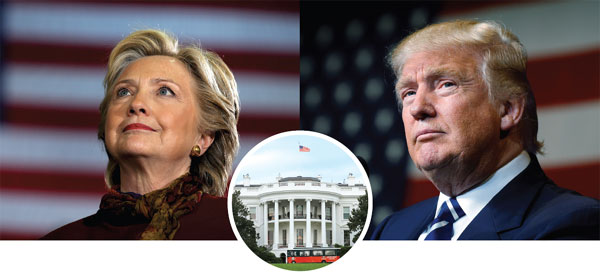
He also cited the examples of Trump's complaints of China-US trade relations, his receptivity to US allies in East Asia acquiring nuclear weapons, and Clinton's speech in Hanoi in 2010. "So both individuals would take hard lines toward China, although in somewhat different ways," said Carpenter, who said he would vote for neither candidate.
Obama's policy
Zhiqun Zhu, an associate professor of political science and international relations at Bucknell University in Pennsylvania, agreed that Clinton's China policy is likely to be a continuation of Obama's policy.
"President Trump's China policy is unclear, partly because he does not have much experience in dealing with China and partly because he does not have an impressive or vocal China team now," said Zhu, who would not say for whom he will vote.
He believes Clinton fully understands the depth and extent of US-China relations, and he said that she is unlikely to disrupt the vital relationship.
While expressing his concern over Trump's tough talk on China trade, Zhu noted that "President Trump is a smart businessman and is likely to maintain this strong relationship for economic purposes"
"I do not expect major ups and downs in the relationship in the post-Obama era," he said. "No American or Chinese leader will intentionally jeopardize this relationship."
China-US relations have become increasingly interdependent. China is the largest trade partner for the US, with bilateral trade in goods and services exceeding $600 billion in 2015. China has become one of the fastest growing export markets for the US. While almost all major US companies have a presence in China, Chinese foreign direct investment has made forays into the US in the past few years.
There are more than 300,000 Chinese students currently enrolled in US universities and colleges. The number of Chinese tourists to the US, now at about 2 million a year, is likely to hit 5 million by 2025, according to estimates by Goldman Sachs.
China's fast growing middle class and an economy that will depend more on domestic consumption is coveted by multinationals despite grievances by some about certain Chinese domestic policies and practices.
On global and regional issues, the world's two largest economies are increasingly collaborating on issues such as the nuclear issue in Iran and North Korea, counter-terrorism, and climate change.
Paal of CEIP believes it's imaginative for some Chinese to think that a President Trump will lead to better relations with China. He described Trump as "a mess intellectually and bureaucratically" and said the smart people who could work for Trump have all denounced him.
Paal acknowledged that Trump's running-mate Mike Pence is a rational person.
He disagreed that there might be more tension in US-China relations under a President Clinton due to what he said will be the main problems facing the new US president - the Middle East, Europe and Russian relations and North Korea.
Paal said it's hard for him to vote for Trump or Clinton. "I haven't decided," he said.
Advice for new president
Asked for his advice to the new US administration on China policy, Paal said the US needs to re-energize the concept of diplomacy. "We tried to solve every problem with the security or military action," he said. "You have to step back and ask: 'Isn't there a way we can handle this conflict more effectively?'"
Thomas Christenson, a professor at Princeton University and a former deputy assistant-secretary of state for East Asian and Pacific affairs under the George W. Bush administration, criticized the US rebalance to Asia strategy in a recent talk at the Council on Foreign Relations. He said that it was hard for moderates in China to win debates at home because the policy, including the Trans-Pacific Partnership (TPP), has been perceived as excluding and containing China.
Christenson believes it was unnecessary for the US to conduct freedom of navigation operations in such a high-profiled way, such as having a CNN crew onboard flying in the South China Sea.
"I said it all the time that we keep triggering the worst response from China, rather than trying to get more flexible response from China," Paal said.
Former British foreign secretary David Miliband, now head of the International Rescue Committee, argued in the CNN Global Public Square program on Sunday that China wants to reform and rebuild the international system, not undermine it or create a parallel system, an argument that is often not accepted by US politicians.
To Miliband, the current international system is not working properly to address a wide range of urgent issues.
Kishore Mahbubani, dean of the Lee Kuan Yew School of Public Policy at the National University of Singapore, agreed that China wants to rebuild and strengthen the international system, and not undermine it.
Obama has frequently played the geopolitical card and repeatedly said that "if we don't write rules, China will" in a bid to sell the controversial TPP agreement to Americans.
Mahbubani said that Clinton will be a far better president than Trump. "But it will be an absolute mistake for Hillary Clinton to come to office and say, 'Hey, I know exactly how the world works, and I know exactly what to do,' because the world has changed fundamentally," he said.
The former senior Singaporean diplomat said "The Post-American World" has come, referring to the book of CNN host Fareed Zakaria. "So it will be a difficult job for Hillary Clinton when she becomes president, because suddenly she has to unlearn many of the instincts she had in the past and develop new instincts.
"But if she relearns what the new world is about, makes an effort to reach out to Asia, Asia will receive her very warmly," Mahbubani said.
Contact the writer at chenweihua@chinadailyusa.com
(China Daily USA 11/04/2016 page20)
- Syrian army announces 'humanitarian pause' on Friday
- Park shuffles Cabinet, infuriates opposition
- Court to rule on whether London needs parliament to trigger EU exit
- Seeing country more polarized, American voters fear for future
- France to begin moving migrant minors from Calais
- China-Japan ties growing but unstable: Premier
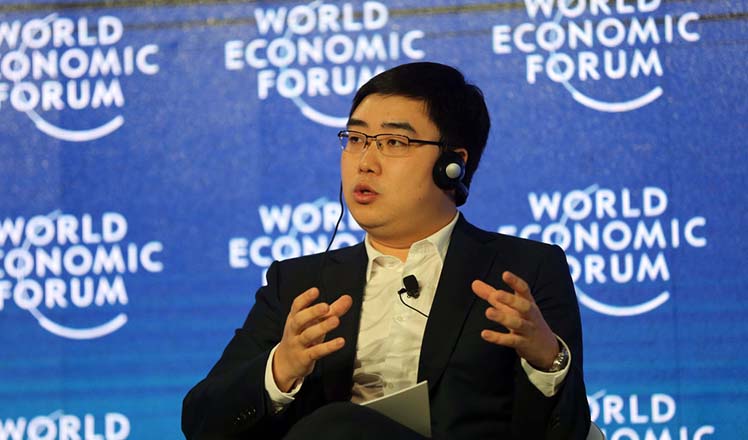
 China's top 10 post-80s self-made billionaires
China's top 10 post-80s self-made billionaires
 Famous paintings recreated with chocolate
Famous paintings recreated with chocolate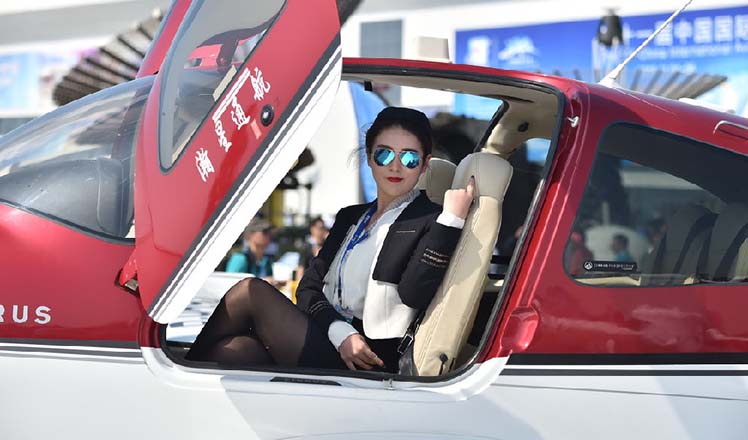
 Looking for a ride?
Looking for a ride?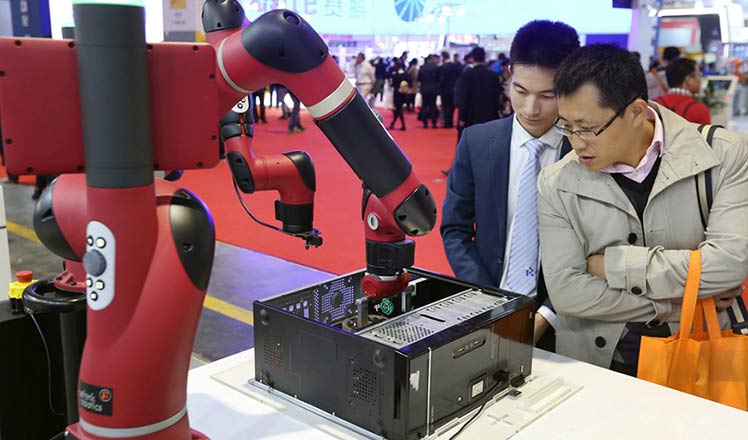
 Robots draw people to China International Industry Fair
Robots draw people to China International Industry Fair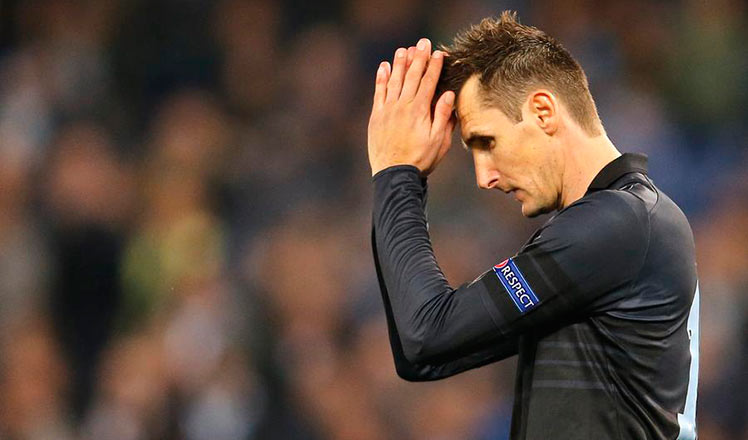
 German international Miroslav Klose retires
German international Miroslav Klose retires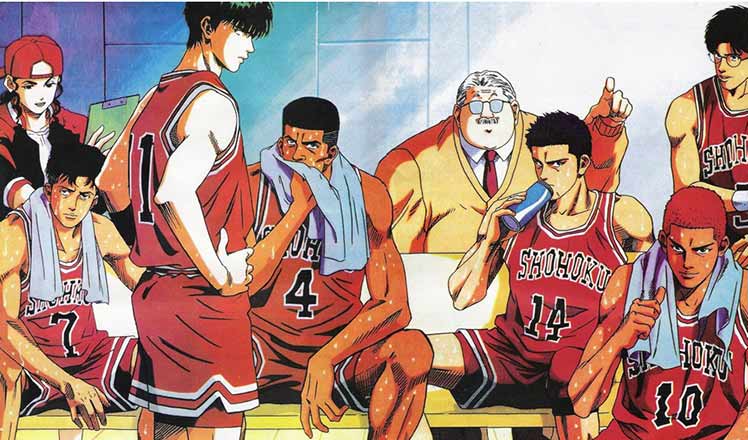
 Top 10 most influential Japanese cartoons in China
Top 10 most influential Japanese cartoons in China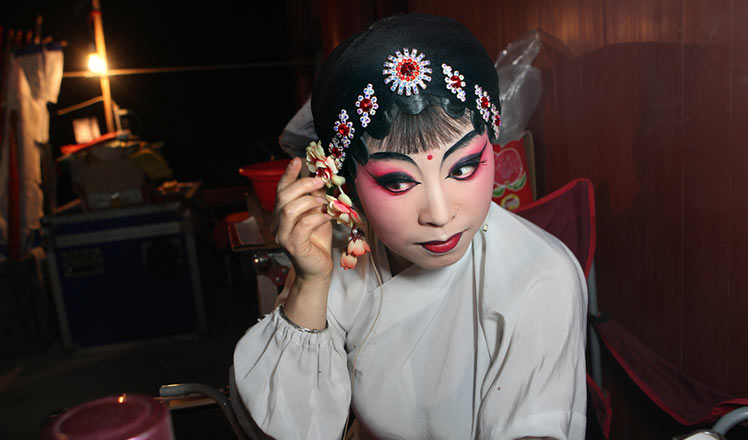
 Opera performer who takes her shows to villages
Opera performer who takes her shows to villages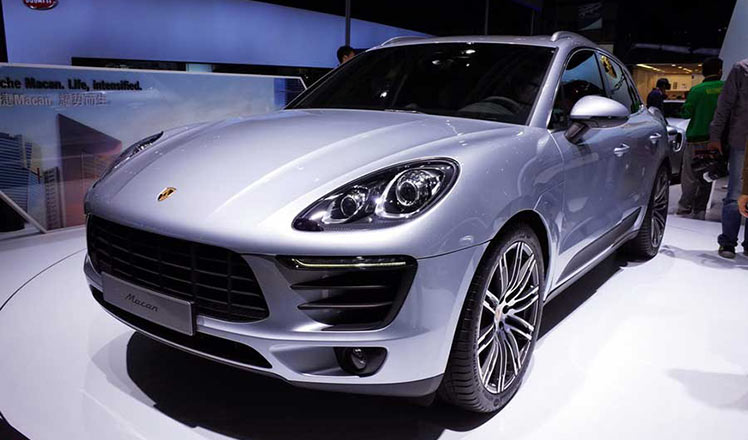
 13 most appealing cars in China in 2016
13 most appealing cars in China in 2016
Most Viewed
Editor's Picks

|

|

|

|

|

|
Today's Top News
US election rhetoric unlikely to foreshadow future US-China relations
'Zero Hunger Run' held in Rome
Trump outlines anti-terror plan, proposing extreme vetting for immigrants
Phelps puts spotlight on cupping
US launches airstrikes against IS targets in Libya's Sirte
Ministry slams US-Korean THAAD deployment
Two police officers shot at protest in Dallas
Abe's blame game reveals his policies failing to get results
US Weekly

|

|